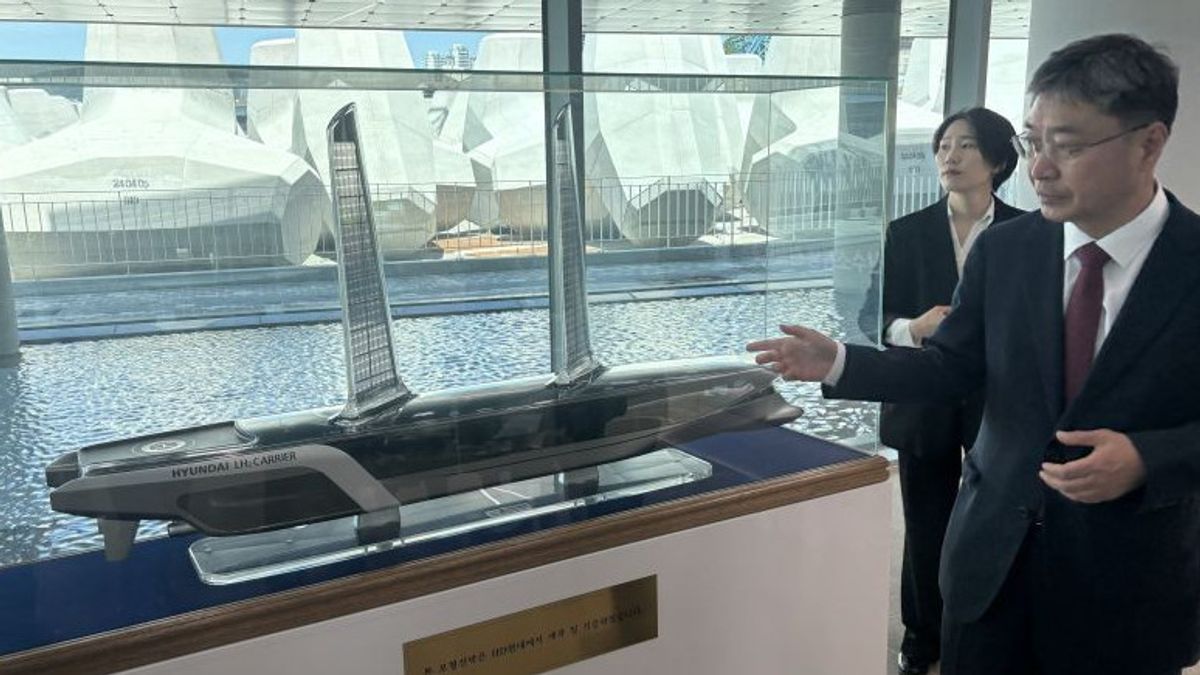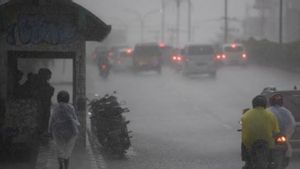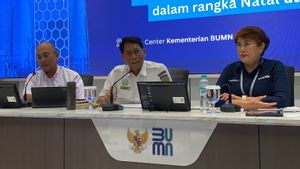JAKARTA - The Hydrogen Ship Technology Center at Pusan National University, South Korea, hopes for the continuation of the implementation of the marine waste management ship development project with the Indonesian Ministry of Maritime Affairs and Fisheries. The Memorandum of Understanding (MoU) for the establishment and operation of the Korea-Indonesia Maritime Friendly Technology Cooperation Center has been signed by both parties in June 2023.
"We continue to coordinate with Indonesia for further developments," said Head of Research at the Pusan National University Hydrogen Ship Technology Center, Kim Jeong-hyeon, to a delegation of Indonesian journalists in Busan, Friday, May 17.
Launching ANTARA, Saturday, May 18, in a meeting with the delegation of journalists participating in the Indonesia Next Generation Journalist Network on Korea program organized by the Korea Foundation and the Foreign Policy Community of Indonesia, Kim highlighted the technological advantages of hydrogen-powered ships for the management of marine debris which has become a global issue.
By developing the environmentally friendly ship, later the waste and plastic in the sea can be filtered and then processed to become hydrogen or other energy sources directly on board.
The ship is targeted to be able to process up to five tons of marine waste per day, and can operate for 100 days for one cruising period.
"Later on, this ship will be built and operated by the Indonesian KKP," said Kim.
SEE ALSO:
In a separate written statement, the Director of the Center for Hydrogen Ship Technology at Pusan National University emphasized South Korea's efforts to change the paradigm of handling marine debris, which aims not only to solve environmental problems but also to foster stronger relationships with Indonesia.
Currently, the Pusan National University Hydrogen Ship Technology Center is building a marine waste treatment vessel which is targeted to start operating in 2026.
Based on data from the United Nations (UNEP) Environmental Program, Indonesia is the second largest plastic waste producing country after China.
Every year there are 3.2 million tons of plastic waste that are not managed, and 1.29 million tons of them end up at sea.
The English, Chinese, Japanese, Arabic, and French versions are automatically generated by the AI. So there may still be inaccuracies in translating, please always see Indonesian as our main language. (system supported by DigitalSiber.id)
















